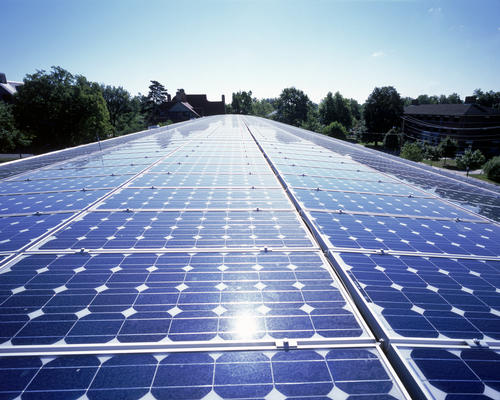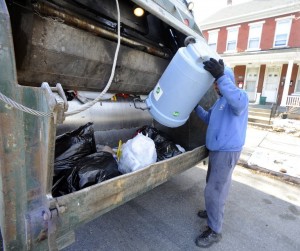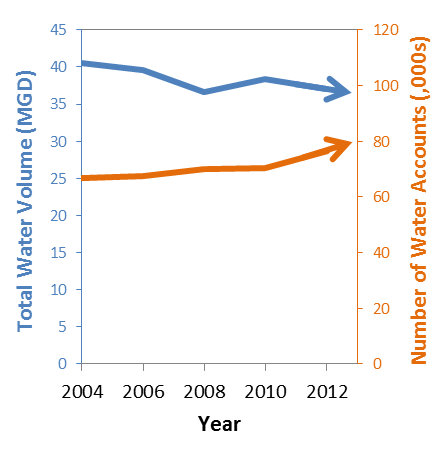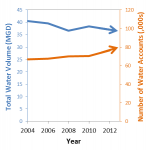Leigh DeForest is a graduate fellow in the 2019 Leaders in Environment and Finance (LEAF) program. As a part of the LEAF Fellowship, Leigh spent the summer of 2019 working at Triangle J Council of Governments. While at Triangle J she researched the ancillary benefits of stormwater utilities and green stormwater infrastructure as well as contributing to the Jordan Lake One Water initiative.
When communities consider establishing a potential new stormwater fee, residents may inquire about why they are being charged and where their money is going. Forming a stormwater utility fee creates a dedicated revenue source that can be used to support long-term planning for the control of urban stormwater runoff that benefits both the community’s functionality and the surrounding environment. Both permitted and non-permitted municipalities can benefit from instituting a stormwater utility. Continue reading








